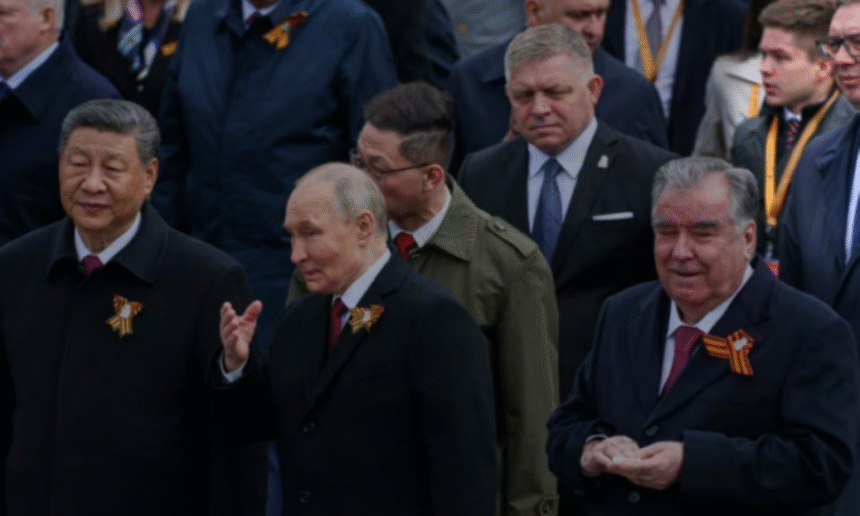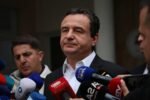Official Belgrade continues to cultivate relationships with Russia, China, Belarus, Venezuela, and Iran, prompting criticism from the European Union (EU), though largely limited to statements.
Recent Developments
- Serbian President Aleksandar Vučić announced plans for a high-level meeting with Russian officials, potentially the second such meeting this year after his May visit to Moscow, which drew warnings from Brussels.
- Vučić also spoke with Venezuelan President Nicolás Maduro, whom the EU considers illegitimate due to electoral irregularities, calling him a “great friend” of Serbia.
Strategic Orientation
- Analysts, including Eric Gordy, note that Serbia’s foreign policy aligns with the multipolar world approach promoted by Russia and China, emphasizing regional power rather than global dominance and asserting sovereignty in the face of Western influence.
- Vučić’s May 9 visit to Moscow marked his first trip to Russia since the 2022 invasion of Ukraine, where he met Vladimir Putin and received support for Serbia’s policy on Kosovo.
Relations with China
- Serbia maintains strong ties with China, describing the relationship as a “steel friendship.”
- Vučić is scheduled to meet Chinese President Xi Jinping in September 2025 in Beijing.
- Chinese companies are heavily involved in Serbian infrastructure projects, such as the Belgrade-Budapest railway, despite tragic accidents during construction.
Relations with Other Sanctioned Countries
- Serbia has engaged with Maduro in Venezuela and Lukashenko in Belarus, despite both countries being under Western sanctions for human rights abuses and electoral violations.
- Former Serbian officials have openly called these leaders “friends of Serbia.”
Arms Trade and Regional Influence
- Economic motives, including arms exports, play a significant role in Serbia’s relationships with these states.
- Allegations have emerged that Serbian munitions have ended up in Ukraine through third countries, though Belgrade denies responsibility.
- Serbia has selectively complied with EU sanctions, particularly regarding Iran.
EU Oversight and Strategic Projects
- Analysts argue that the EU often tolerates Serbia’s actions due to economic interests, such as the Jadar lithium project with Rio Tinto, considered critical for Europe’s raw materials supply.
- Serbia’s alignment with EU foreign policy reached 59% in 2024, the lowest among Western Balkan candidates, highlighting persistent gaps between official declarations and actions.







